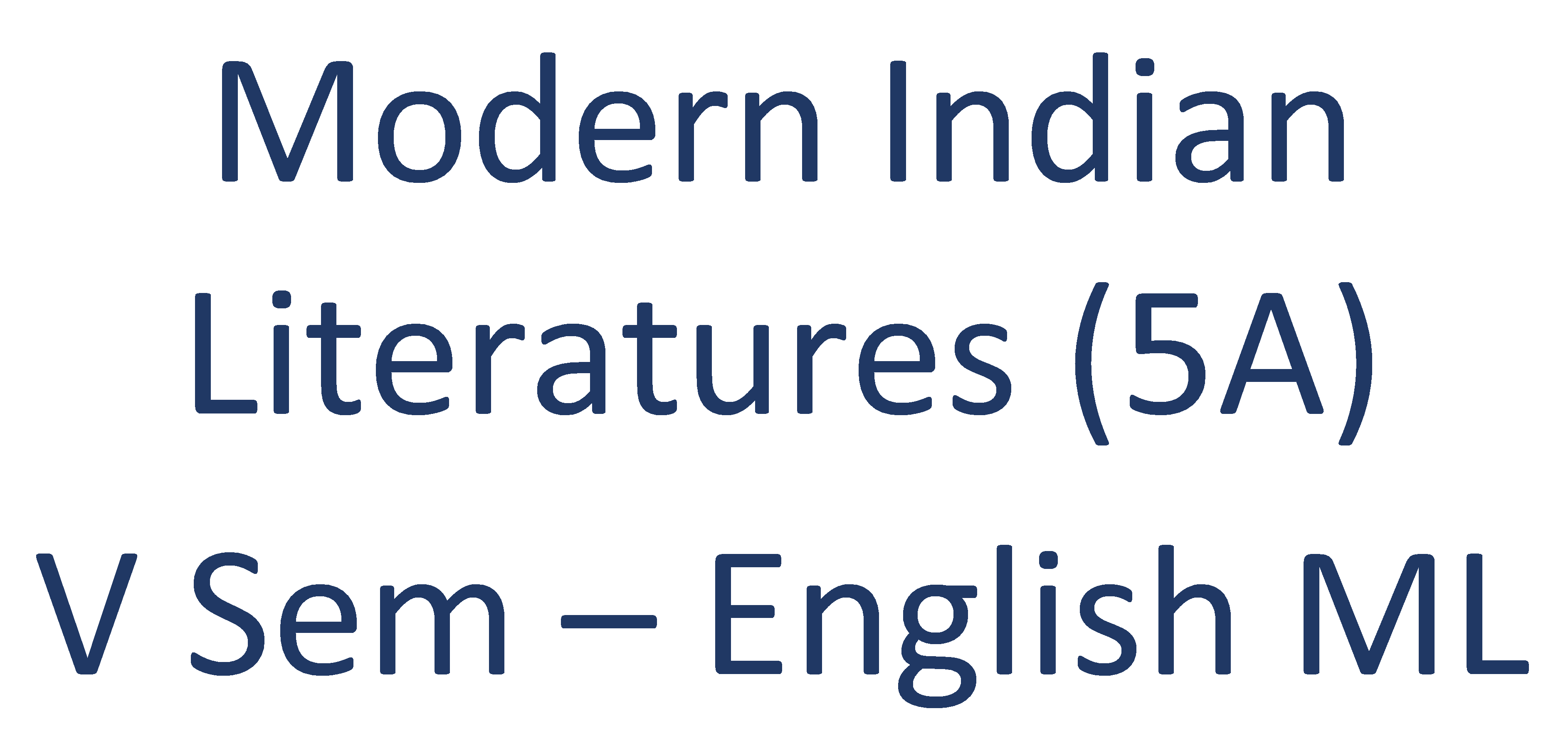Politics of Development
- Teacher: TIRUMALA SRINIVAS .K
Government and Politics of Telangana
- Teacher: TIRUMALA SRINIVAS .K
The
course offers a theoretical overview of the concepts and the cases associated
with development communication. The primary aim is to study the thematic
linkages between media and development and their functional implications for
less developed countries. Navigating through key strategies, issues and barriers,
it also allows the study of development paradigms through the usage of media
tools. The engagement is on the basis of dialogue and delivery while we explore
the topics together through focused lectures, readings, screenings & group
discussions.
- Teacher: SRIVEDA BASWAPOOR

- Teacher: Dr ANAMIKA SUKUL
This course provides an introduction to the fundamental aspects of International Relations (IR). It is an attempt to explore a variety of issues: the nature and scope of IR; evolution of IR; political history of War I & II; colonialism; decolonization; neo-colonialism; Cold War; Disintegration of Soviet Union; Characteristics and determinants of India’s foreign policy; India’s relations with USA, China, Pakistan, Sri Lanka, and Nepal.

- Teacher: Dr. RAMESH KUMAR